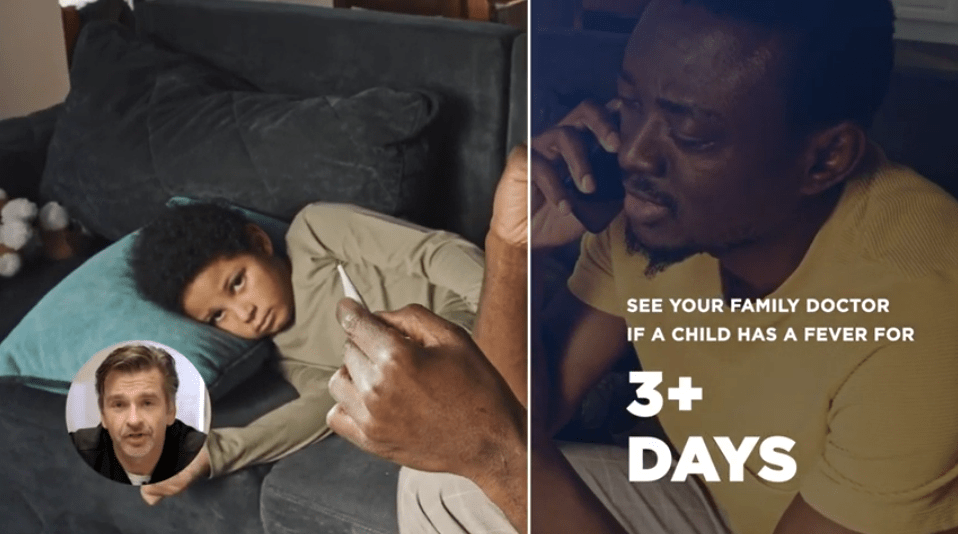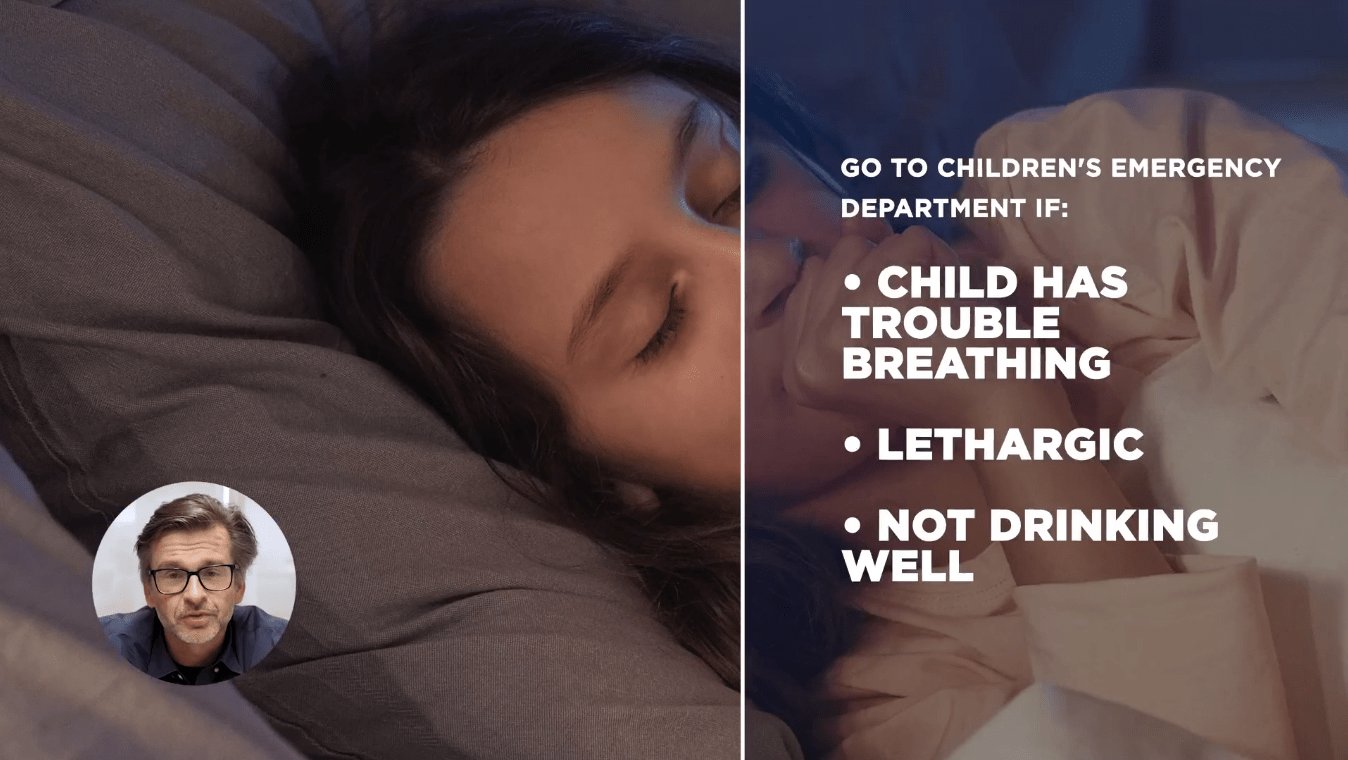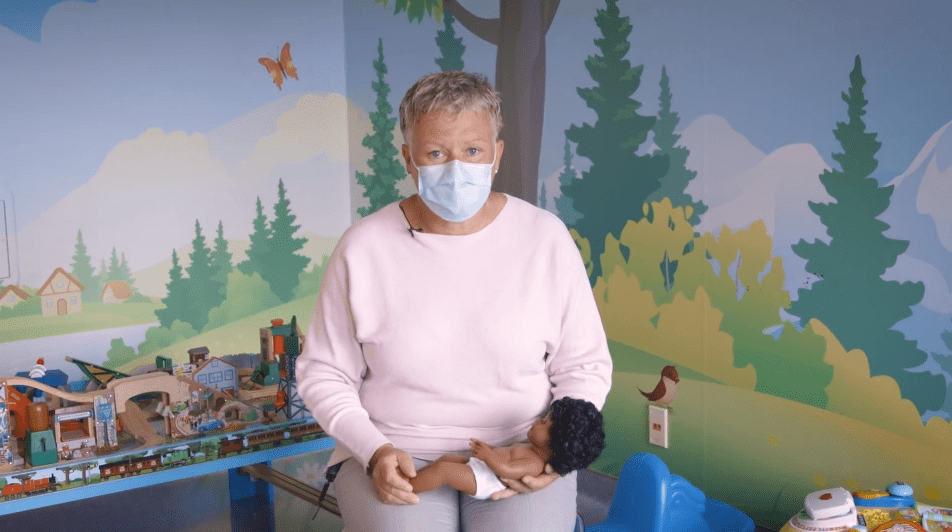
Managing cold and flu season
Colds and the flu are very common during the fall and winter months. With the addition of COVID-19 and RSV, this year’s viral season is expected to be challenging. Dr. April Kam, pediatric emergency department physician at McMaster Children’s Hospital has some tips on how to care for children with a cold or the flu, and when to seek medical attention.
Helping your child through a cold or the flu
The common cold and the flu can cause a runny nose, cough, fever, and for some children, difficulty breathing. The flu may also cause headaches, chills and body aches. Children can be given Tylenol or Advil for fever and pain relief.
Your child may lose their appetite if they’re feeling unwell. This is normal. However, make sure they’re drinking lots of fluids to keep them hydrated.
When to seek medical attention
The flu can last 7 to 10 days and can typically be managed at home. However, you should visit your family doctor if your child’s fever lasts more than five days.
Come to the emergency department if your child is:
- difficult to wake up
- unable to walk
- not drinking enough
- having trouble breathing – If your child uses a puffer (Ventolin), try that first. If the trouble breathing persists, come to emergency.
Please consider getting yourself and your child vaccinated for the flu if they are six months of age or older. This can help prevent severe illness and protect those around you.




